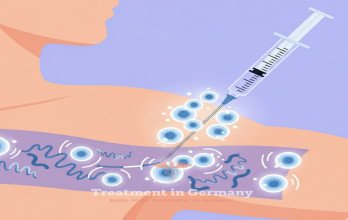
If left untreated, the disease can progress to chronic stages, causing severe fatigue, joint pain, cognitive decline, and neurological complications.
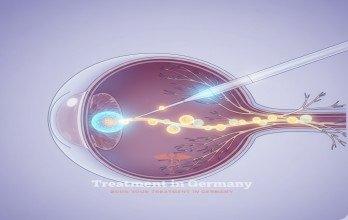
Optic Nerve Atrophy (ONA) is a progressive condition that causes damage to the optic nerve, leading to vision loss and, in severe cases, complete blindness.
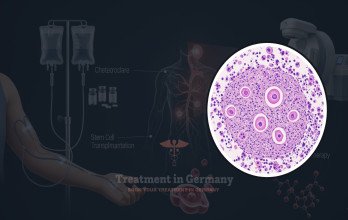
The disease causes abnormal growth of lymphocytes, a type of white blood cell, leading to swelling in the lymph nodes and reduced immune function.

Glioblastoma is an aggressive type of brain cancer that develops from glial cells responsible for supporting and protecting neurons in the brain.
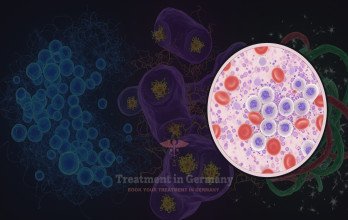
Acute Lymphoblastic Leukemia (ALL) is a type of blood and bone marrow cancer that affects the production of white blood cells. Early symptoms include fatigue, frequent infections, easy bruising, bleeding, bone pain, and fever.

Many Canadian patients choose Astrocytoma treatment in Germany because German hospitals provide access to advanced medical facilities, internationally trained specialists, and personalized treatment programs.

German clinics combine innovative options such as TACE therapy and Dendritic Cell Therapy in Germany, with established treatments like surgery, chemotherapy, radiation therapy, and targeted drugs.

German clinics combine innovative options such as TACE therapy and Dendritic Cell Therapy in Germany with standard treatments like surgery, chemotherapy, radiation therapy, and targeted drugs.

Bladder Cancer is one of the most common urological cancers, affecting both men and women, with a higher incidence in men over the age of 55.

Cervical Cancer is a common gynecological cancer that develops in the cells lining the cervix, the lower part of the uterus. It primarily affects women between the ages of 30 and 55

Gallbladder Cancer is a rare but aggressive cancer that develops in the gallbladder’s lining, often diagnosed at advanced stages due to limited early symptoms.

Early symptoms may include frequent urination, pelvic discomfort, weak urine flow, or blood in the urine. Because these signs are often similar to other urinary conditions, diagnosis is sometimes delayed.

Lung cancer is one of the most common cancers worldwide, developing in the tissues of the lungs. It affects both men and women, especially people over the age of 50.
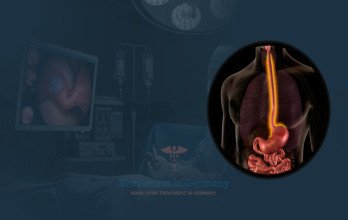
Esophageal Cancer innovative treatments in Germany focus on targeting the tumor more directly and stimulating the immune system to fight cancer.

Endometrial Cancer, also known as Uterine Cancer, develops in the lining of the uterus. It is one of the most common gynecological cancers, especially in women after menopause.
.webp)
.webp)
 (1).webp)
 (1).webp)

.webp)
.webp)
 (1).webp)
 (1).webp)
